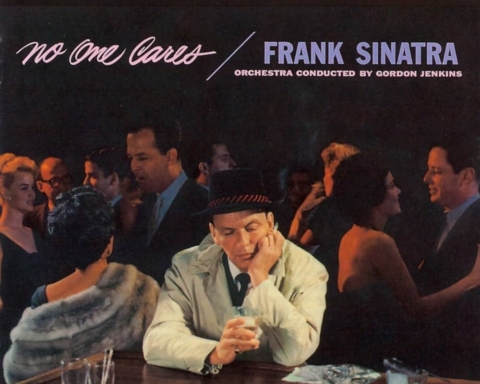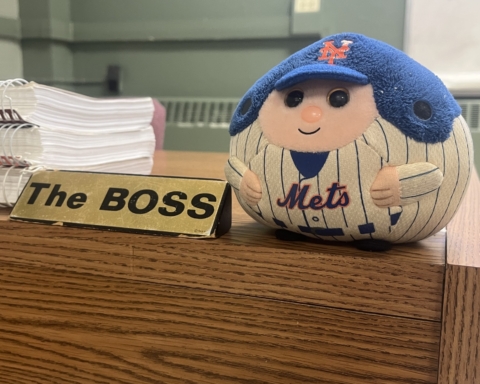By Kevin Rogers
Opinion Assignment Editor
In the wake of the Sandy Hook Elementary School shooting, it was inevitable that politicians would look to move toward gun control legislation. Whether the motivation is out of true sympathy for the slain or a chance to act on a long-desired agenda, the bills came hard and fast.
Our very own Gov. Andrew Cuomo led the way, passing the first post-Sandy Hook gun legislation in the country. But in his zeal to act in the memory of Sandy Hook victims or stoke his presidential ambitions, he signed into law a provision that nullifies one of the most necessary institutions of healthcare: doctor-patient confidentiality.
In a rush to get something passed, the Secure Ammunition and Firearms Enforcement Act included a provision that requires mental health professionals to report to county health officials if their patients say anything that suggests they may do harm to themselves or others, according to a Jan. 17 Journal News report. The information is passed through a database to check against gun licenses. The guns are then confiscated from the potentially dangerous patients.
Yes, in a desire to prevent the mentally ill from carrying out shootings, Cuomo signed into law a bill that requires a mental patient’s closed-door disclosures to be sent through state agents in the hopes that the state could potentially take a gun out of a dangerous person’s hand.
Or, the patient might not have a gun and may simply have his or her personal information shot through a series of bureaucrats and kept on file. Where’s the doctor-patient confidentiality in that? That’s right, there isn’t any.
What a mentally ill person (or any person) says behind the closed door of a psychiatrist’s office should be treated with the upmost privacy. The patient is putting emotions on the line in the hope of being treated. In a sane state, that would come with an expectation of privacy.
Psychiatric experts have debated the merit of the rule. Some have said it is a step in the right direction. Others said it would destroy doctor-patient trust and dissuade the mentally ill from seeking treatment, according to the Journal News.
That’s a solid view. If I knew my doctor could arbitrarily send my disclosures to the state, I certainly wouldn’t bother scheduling appointments.
But I don’t suffer from a mental illness. I don’t have to worry about what I say or what my test results in the doctor’s office. This new, fear-driven state law denies the mentally ill a right that should be expected by all.
That’s not to say that we should passing out guns to the mentally ill. Our state’s background check system already acts as a safeguard to prevent the mentally ill from acquiring weapons.
But that’s not what this provision does. This provision goes in with a mind set that assumes anyone who voices a violent emotion in a mental health office has a gun. Because of this assumption, we’re punishing the mentally ill for expressing their thoughts to a psychiatrist trained to hear such thoughts. Those thoughts have no business zipping through the state bureaucracy.
In the wake of our post-shooting paranoia, such things as privacy and personal disclosure hardly seem important. The prevailing logic seems to be if we can stop one mentally ill person from carrying out a shooting, it’s worth it to send countless unrelated psychiatric disclosures to the state, tramping on patient rights along the way. That’s not the logic we should strive for.
Of course, dreadful things often sprout from good intentions. The intention of this provision is good. If a mentally ill person owns a gun and expresses violent thoughts, it may seem like a good policy to take away the gun. That could prevent another devastating mass shooting and protect innocents. But there have to be other ways to reach that goal.
Sending along any violent thought that might be revealed in a doctor’s office to the state is not the way to do it. Doctor-patient confidentiality shouldn’t be limited to the mentally healthy. It is not a right that should be voided for those who face mental problems because others chose to shoot innocents as their coping method.
What’s said in a psychiatrist’s office should stay there, no matter what we fear might happen.





